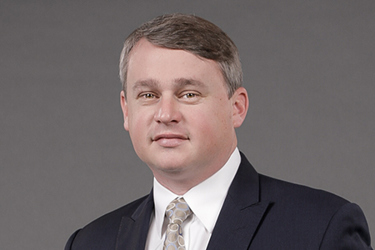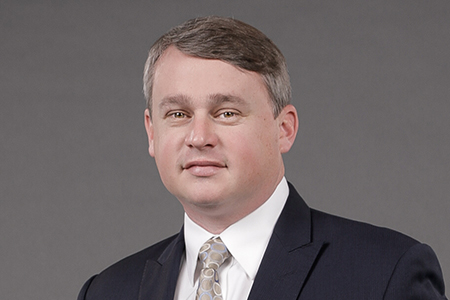A New Golden Age Of Psychedelic Therapy? Proceed With Caution
By Ben Comer, Chief Editor, Life Science Leader

 It was eye-opening for me, as I expect it will be for many readers of Life Science Leader, to learn that the Multidisciplinary Association for Psychedelic Studies (MAPS) aims to dose 1 million post-traumatic stress disorder (PTSD) patients with MDMA by 2031. MDMA, which MAPS founder and executive director Rick Doblin has called the “gentlest” of the psychedelic compounds currently being investigated for therapeutic use, is expected to receive the FDA’s blessing during the first half of 2024, if not sooner.
It was eye-opening for me, as I expect it will be for many readers of Life Science Leader, to learn that the Multidisciplinary Association for Psychedelic Studies (MAPS) aims to dose 1 million post-traumatic stress disorder (PTSD) patients with MDMA by 2031. MDMA, which MAPS founder and executive director Rick Doblin has called the “gentlest” of the psychedelic compounds currently being investigated for therapeutic use, is expected to receive the FDA’s blessing during the first half of 2024, if not sooner.
Such an approval could indeed herald a new golden age of psychedelic therapies; at least 18 companies are already conducting Phase 2 trials on psychedelic compounds including psilocybin, LSD, and ibogaine, according to Psilocybin Alpha, an online investor resource for psychedelic drug development activities. There are now close to 50 publicly traded psychedelic medicines companies. Several investment funds, such as Palo Santo, Negev Capital, and Iter Investments, have launched to channel dollars exclusively into psychedelic drug development.
We are all aware of the fraught conditions in the U.S., where COVID-19 has exacerbated an already growing mental health crisis: the uneven application of mental health parity in insurance coverage, real and perceived mental health stigmas that work to prevent access to care, and a critical shortage of behavioral health providers. On the last point, HHS’ Substance Abuse and Mental Health Services Administration estimated that an additional 4.4 million behavioral health practitioners are needed to meet the current demands of the American public. Additionally, minority groups defined by race or ethnicity face additional barriers to mental healthcare access, according to the Agency for Healthcare Research and Quality.
In an interview (page 14) with Life Science Leader, Amy Emerson, CEO of MAPS Public Benefit Corporation (PBC), the for-profit research and commercial arm of the nonprofit MAPS, emphasized the organization’s commitment to establishing access to MDMA through a humanitarian program in countries lacking a cohesive mental healthcare infrastructure, as well as creating “very generous” patient-assistance programs, beyond what most biopharmaceutical companies offer. But will other psychedelic medicines companies, three of which are already valued at over $1 billion, do the same?
Finally, clinical trials with psychedelic substances are multiplying, but they are still relatively small in size. Compass Pathways conducted the largest Phase 2 trial on psilocybin to date, with 233 patients, but the vast majority of psychedelic trials so far have involved fewer than 100 individuals. MAPS PBC enrolled 90 participants in its successfully completed Phase 3 trial, but only seven of the participants identified as Asian, three as American Indian or Alaska Native, and two as Black, according to clinicaltrials.gov. Sixty-nine participants, or 76.7% of the study, identified as White; according to 2020 census data, 61.6% of the entire U.S. population identifies as White.
People of every phenotype are suffering from mental health disorders, and it is hard not to cheer on the burgeoning psychedelic medicines industry and the help it could bring. It may deserve all the cheering — and funding — that it’s currently getting. However, in the rush to regulatory approval, psychedelic drug developers must be careful to avoid mistakes that other drug developers have made in the past, including outcome-reporting biases, a lack of diversity in clinical trials, and letting the profit motive speak louder than patients’ needs. Here’s to hoping they succeed.
